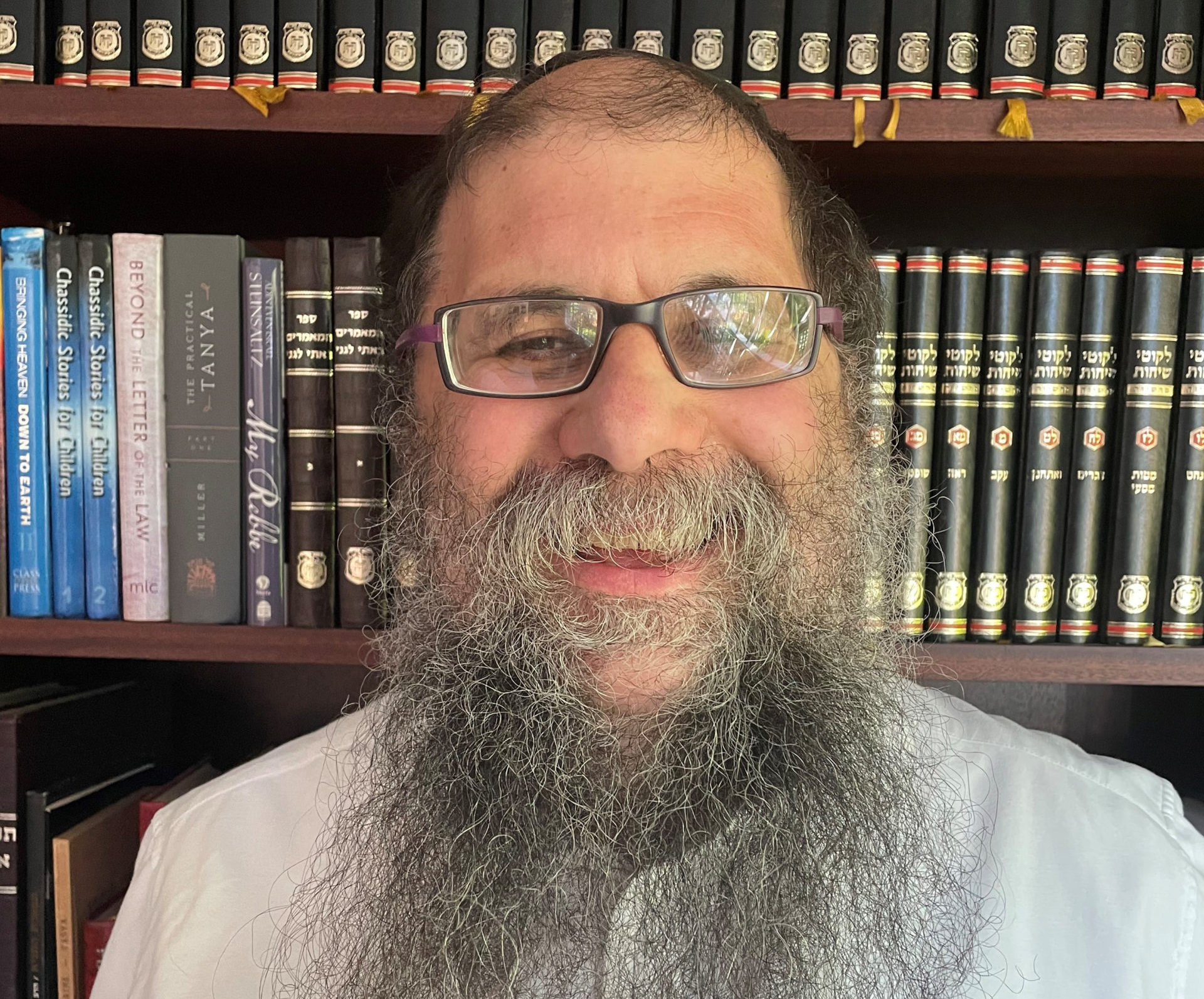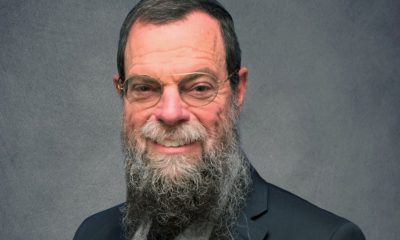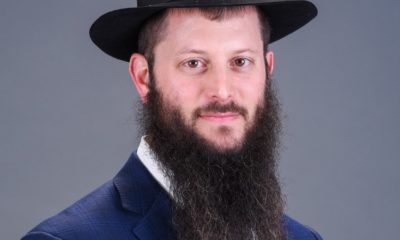
Religion

Happy anniversary to our desert wedding
This was a wedding which would go down in history. The décor was divine. The lighting and sound was simply out of this world, with special effects never experienced before. The marriage vows were meaningful and original. Surprising, however, was the choice of venue…
Over the years, I have officiated at marriages in exotic places, from the vineyards of the Western Cape to mountaintops in Limpopo. Couples invest considerable energy in choosing an original and memorable location to tie the knot, a place that will make their special event stand out and which they will reminisce about for decades to come.
The venue of the marriage between Hashem and the Jewish nation, which we commemorate on Shavuot, took place on Mount Sinai, situated in the barren and arid Sinai Desert. It was the Almighty Himself who took charge of the décor, cladding the mountain with greenery and flowers (which is why we decorate our shuls with plants for this festival). He also personally took care of the unique light-and-sound show – the mountain was on fire and billowed smoke, accompanied by the sound of a shofar and G-d’s powerful voice reverberating. We pledged our loyalty to Him with the famous phrase “Na’aseh venishma” (We will do and we will listen).
The choice of venue, however, is surprising. Right in the middle of nowhere, in an inhospitable and uninhabited wilderness. Should the most powerful divine revelation of all time not have emanated from the spot of the Holy of Holies in Jerusalem? Or at the very least somewhere in Israel. Why a desert? Definitely not a place that we can visit to recollect. In fact, we don’t even know the exact spot of the Giving of the Torah. Why the desert?
The answer is that had the Torah been given in Israel, all wouldn’t feel equal connection to it. The tribe in whose portion the event had taken place would feel greater entitlement. By giving us this gift outside of the Holy Land, in an ownerless, deserted place, Hashem was making it clear that the Torah is actually for all, whether we live in Israel or in the diaspora. It doesn’t belong to anyone in particular and can become the possession of anyone who wishes it to.
The Midrash adds another insight into the significance of the choice of venue. “Anyone who doesn’t make themselves ownerless like the wilderness cannot acquire wisdom and the Torah.”
Any form of learning requires humility. It’s a recognition that we don’t know everything and that the teacher can impart new insights and understanding. This is a prerequisite to our minds being open to accept teaching – setting aside all previous notions and approaches and integrating new knowledge.
Torah is G-d’s infinite wisdom. This can be internalised only through total and complete humility – ownerless like the wilderness – without any ego and preconceived notions. This is why we include the phrase, “May my soul be like dust to all; open my heart to Your Torah” thrice daily in the concluding passage of the Amidah prayer.
The Sinai Desert ended up being more than just the venue for the one-time event of the Gift of the Torah. It was the place where, during the 40 years’ wandering, the Jewish nation learned to know G‑d, up close and personal. Human survival there is possible only through ongoing miraculous divine intervention – protection from the elements via “clouds of glory”; sustenance through the daily manna from heaven; the most important commodity in a desert – water – from the well of Miriam. During this period, the nascent nation grew in faith and appreciation of the power and greatness of Hashem.
On Friday, 26 May, we celebrate our wedding anniversary, renewing our marriage vows for the 3 335th time. We recall the spectacular ceremony, the amazing décor, and the unforgettable light-and-sound show. We also remember a most unique and appropriate venue.
- Rabbi Yossi Chaikin is the rabbi at Oxford Shul and the chairperson of the South African Rabbinical Association.










